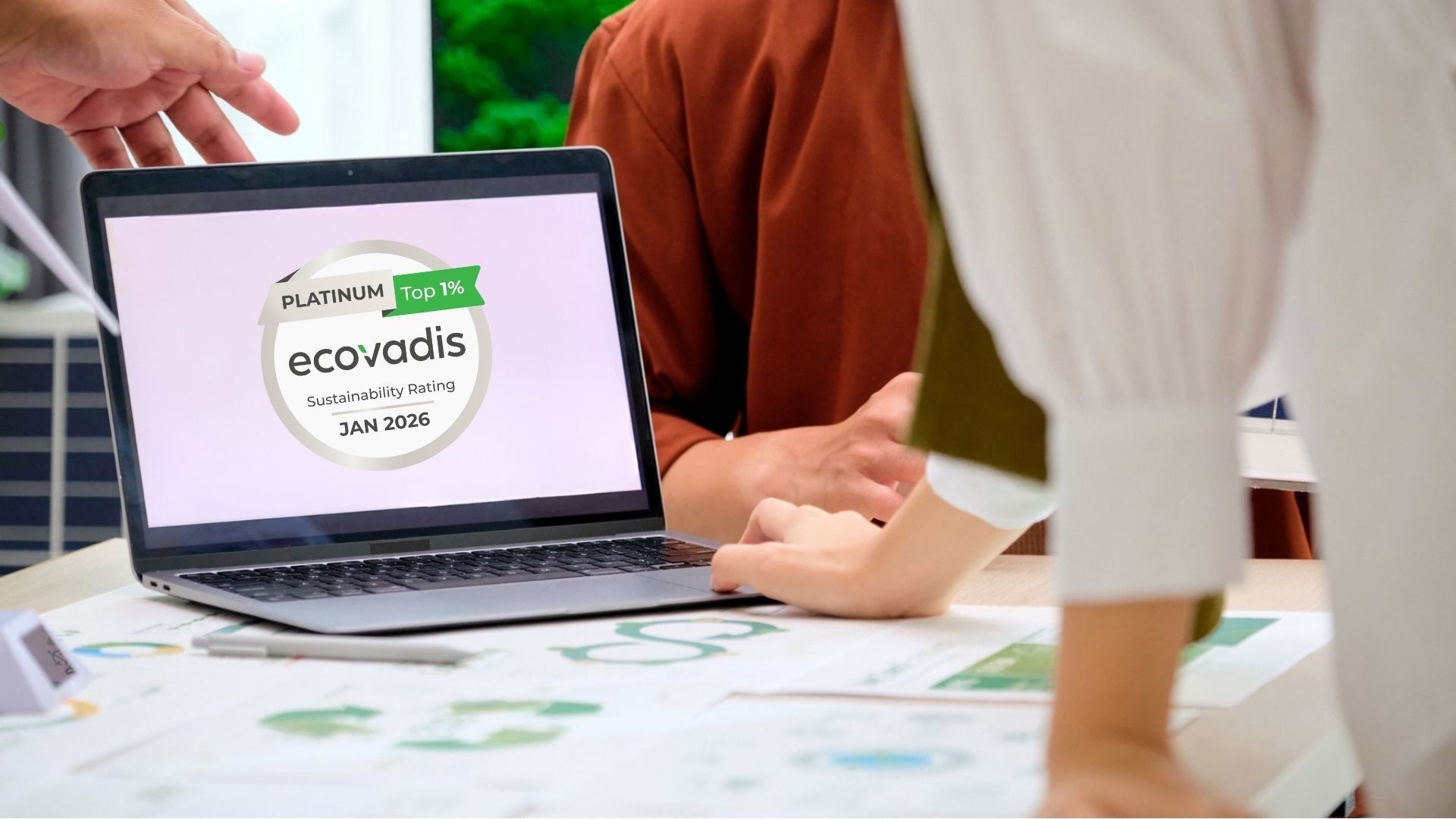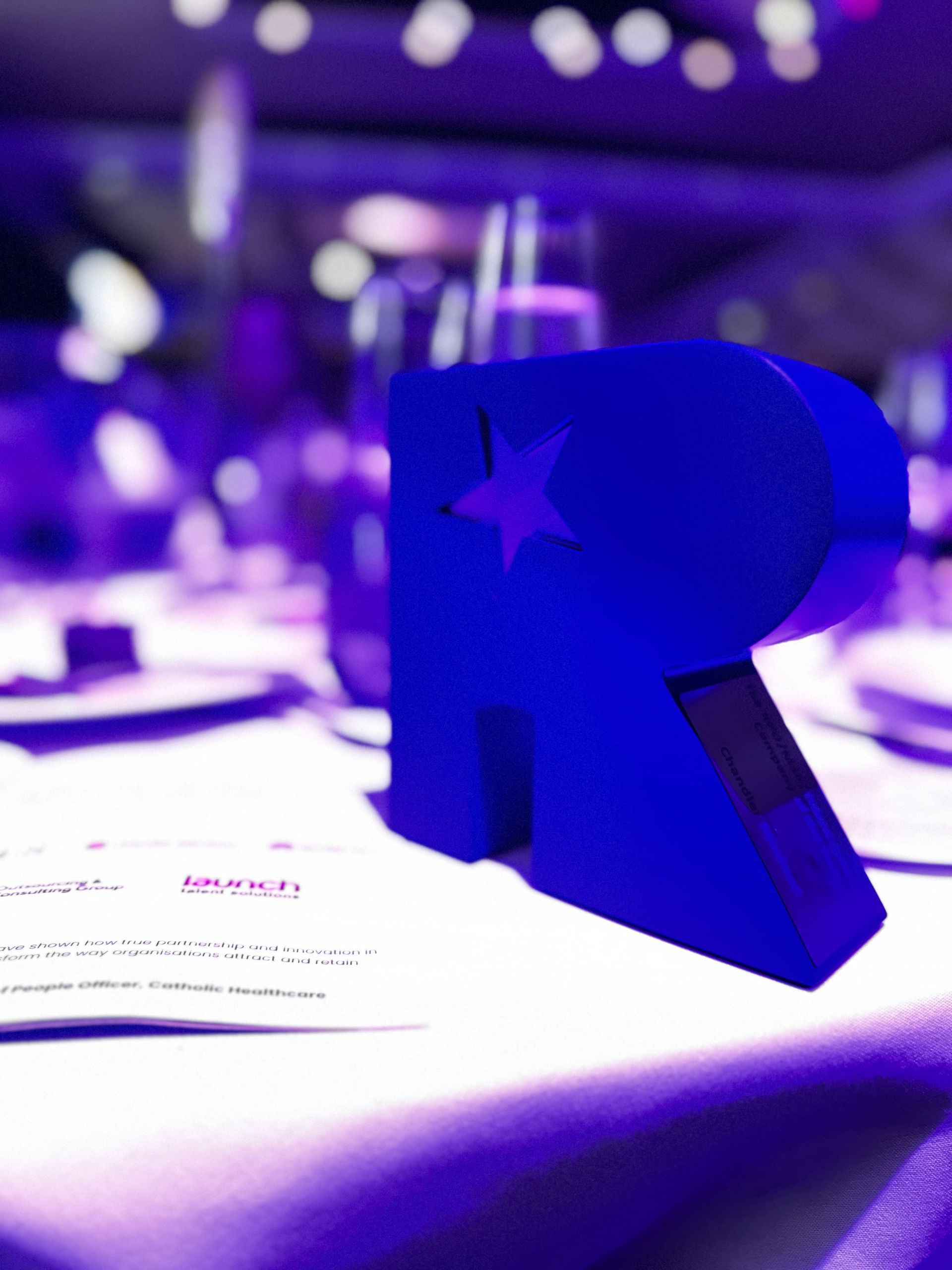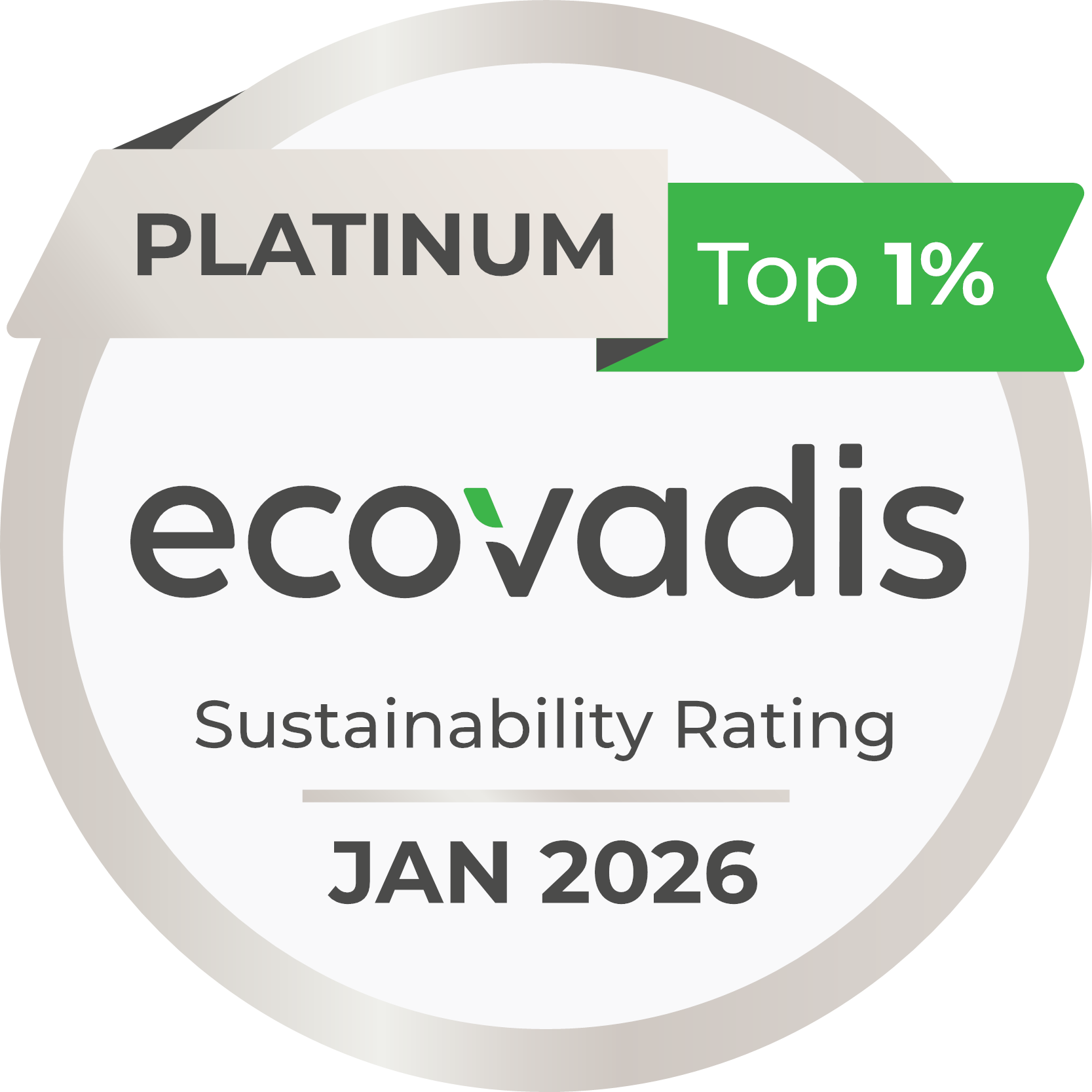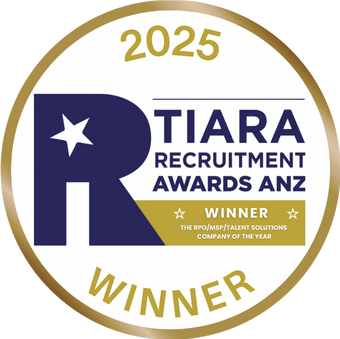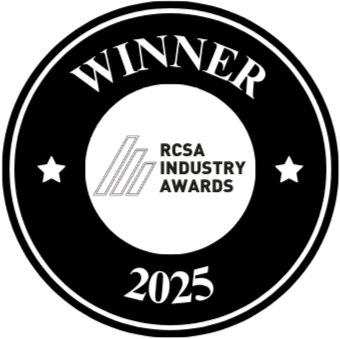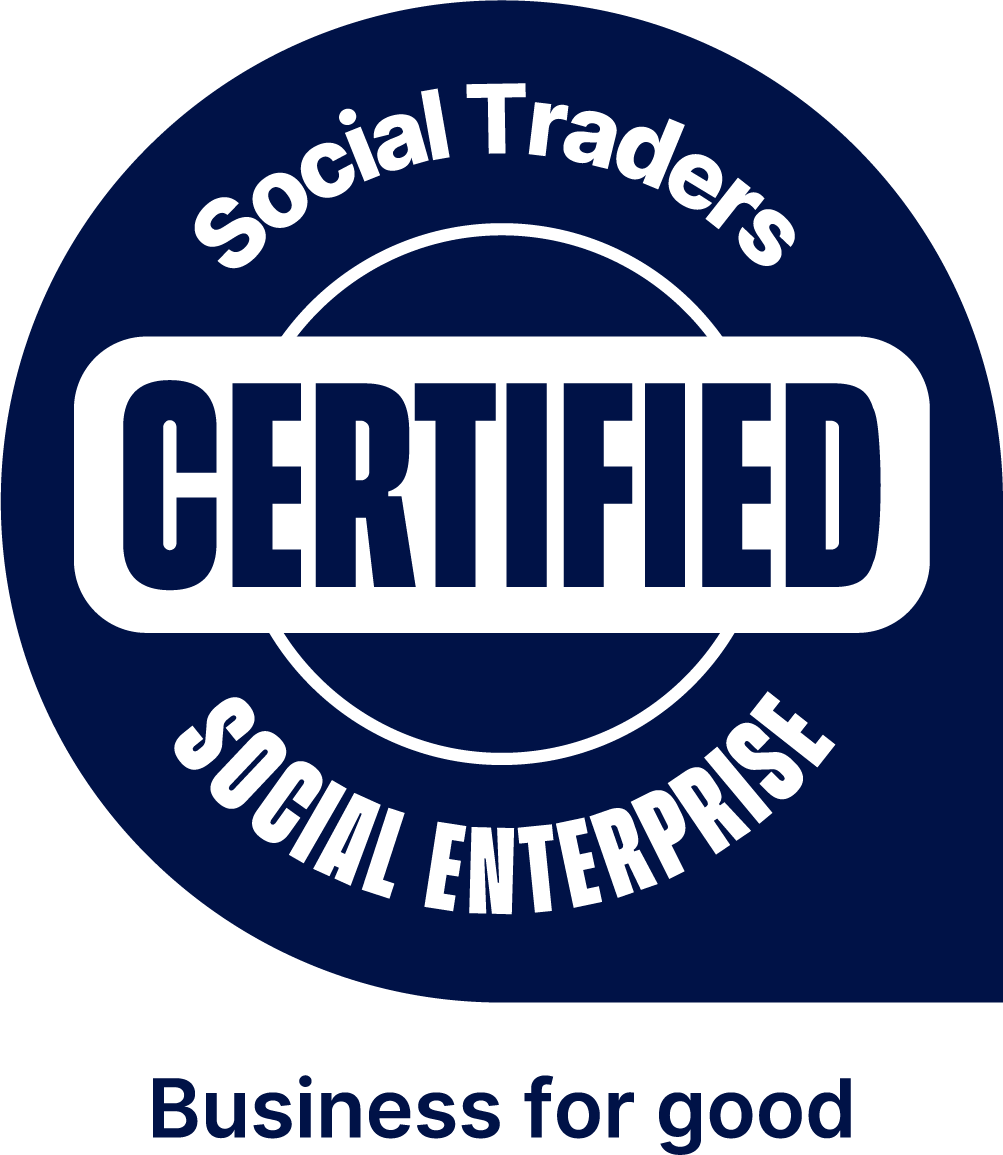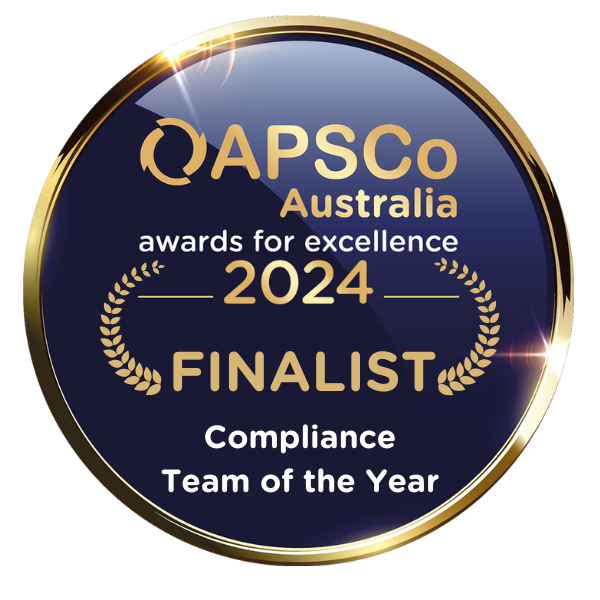Job interviews can be a stressful time for anyone. From choosing the perfect outfit to ensuring you arrive on time, there are endless things to consider when preparing for an interview.
And while dressing the part and being punctual is important for a great first impression, the best way to get ready for a job interview is to practice your answers to common interview questions.
Anticipating the questions you will be asked at an interview is a critical part of the process of improving the odds in your favour.
John Lees, author of The Interview Expert: How To Get The Job You Want
There’s nothing worse than thinking of a better response to a question once you’ve left the room – except maybe being caught like a deer in headlights and grasping for an answer with no success.
Some interview questions may surprise you, and some may even seem downright odd. When you’re already feeling under the pump, the last thing you need is for an unanticipated question to trip you up.
Avoid nervous umming and ahhing and be ready for tricky open-ended questions with these tips.
“Tell me about yourself?”
Whatever your industry and experience, this question is likely to come up in your interview. And while it may seem like a simple one, finding an answer can be tougher than you think.
This is generally an opening question that helps set the tone for the rest of the interview. So it’s important to mention the standout points you really want your potential new employer to know about you as a professional.
Don’t
- Recite your CV/resume
- List your hobbies
- Get too personal
- Sound robotic and overly rehearsed.
Do
- Give a short and enthusiastic response of your strongest selling points
- Focus on what makes you a good fit for the role and the company.
Practice until you feel confident, but not so much that you become overly-rehearsed. Interviews are conversations, not wedding toasts.
How To Nail The ‘Tell Me About Yourself’ Question In Your Next Interview, Forbes 2017
“What gets you up in the morning?”
Knowing what motivates and excites you can help your interviewer determine whether you’re a good fit with the company’s culture. This question is a great opportunity to reveal more about yourself and what you value in life.
Don’t
- Give a broad response that could apply to anyone (e.g. I love my job)
- Say why you’re interested in this specific job – that question will likely come later
- Say what you think they want to hear.
Do
- Be sincere and honest
- Give specific examples and details
- Mention professional and personal motivators, but always tie back to your career.
“Where do you see yourself in 5 years?”
While you’re unlikely to get points deducted for not knowing exactly what you’ll be doing in 5 years’ time, your potential new employer wants to know you’re motivated and have ambitions for the future.
They also want to know you’re likely to stick around for a while, and your career goals and expectations line up with the company’s future.
Don’t
- Be overly specific (e.g. I want to be a Managing Director living on the coast, with a personal assistant, company car, and a salary of over $100K)
- Share your plans to open your own business or go back and study for a different industry.
Do
- Show your enthusiasm for the job as a good opportunity for your future
- Stress your interest in a long-term career with the company.
“What are your weaknesses?”
This question is a great way to reveal some of your personality traits, skills, and habits in the workplace. It’s also a good opportunity to give the interviewer some insight into your self-awareness and eagerness to grow and improve.
While you don’t want to come across as arrogant or dishonest by saying you don’t have any weaknesses, you should be careful with the ones you choose to share.
Don’t
- Say you don’t have any weaknesses
Do
- Draw on examples relating to skills/habits or personality traits
- Turn negatives into positives (e.g. I’m a naturally shy person, but have made a habit to start conversations in group settings in order to overcome this and become more confident participating and contributing in team projects).


